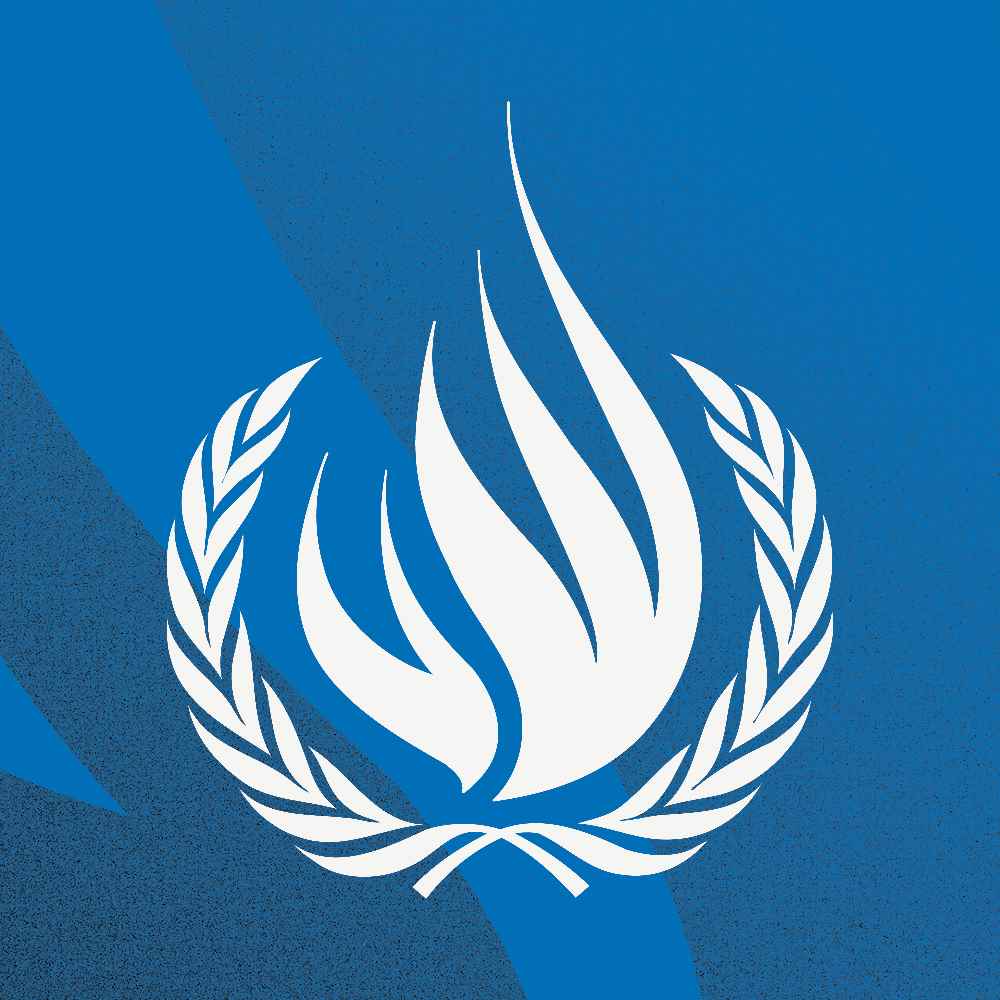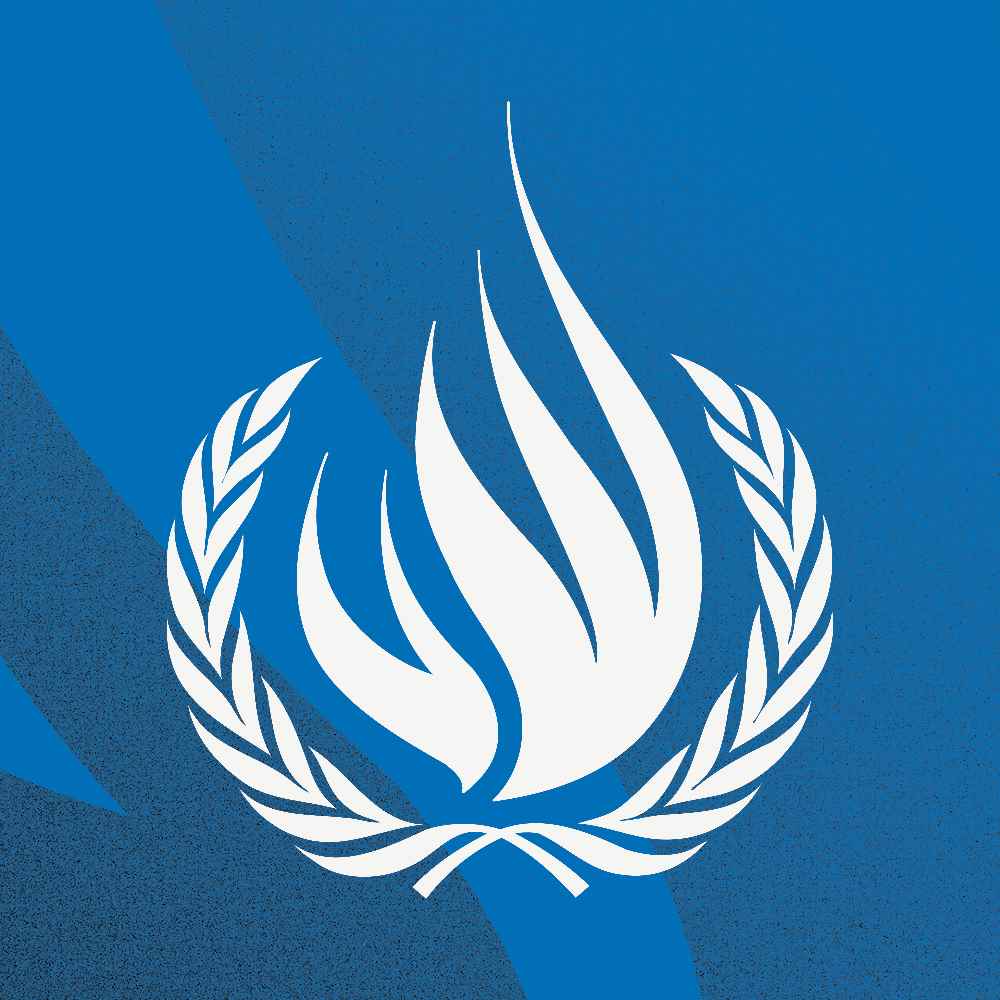
GENEVA (3 April 2023) – UN High Commissioner for Human Rights Volker Türk on Monday stressed that his Office will strengthen its work on Libya, where the human rights situation continues to deteriorate amid widespread violence by armed actors, ongoing political deadlock, and deepening curbs on civic space.
Türk was speaking as the Independent Fact-Finding Mission (FFM) on Libya, established by the Human Rights Council in June 2020, wound up its operations, handing over its archives and the evidence it has collected to the UN Human Rights Office.
“Libyan authorities, armed groups, smugglers and human traffickers should not assume that the eyes of the international community have now left Libya. It is crucial that we redouble efforts to secure accountability for past violations and continue to monitor the reality on the ground to prevent future violations,” Türk said.
In its final report, the Fact-Finding mission recommended that the UN Human Rights Office should “establish a distinct and autonomous mechanism with an ongoing mandate to monitor and report on gross human rights violations in Libya, with a view to supporting Libyan reconciliation efforts and assisting the Libyan authorities in achieving transitional justice and accountability”. The High Commissioner voiced support for this recommendation.
Türk also voiced his support for the Fact-Finding Mission’s recommendation to the Libyan authorities to develop, without delay, a human rights plan of action and a comprehensive, victim-centred roadmap on transitional justice and accountability. The UN Human Rights Office is committed to working closely with the authorities on this, Türk stressed.
Highlighting the importance of holding national elections and working towards sustainable peace in Libya, Türk voiced his deep concern at the intensifying crackdown on civil society, most recently through a Government decree declaring all national and international civil society organisations registered after 2011 illegal.
“Regulations concerning civil society should respect the fundamental rights of freedom of assembly and association, not suffocate and criminalise the work of those working for a rights-based future for Libya,” the UN Human Rights Chief said.
ENDS
For more information and media requests, please contact:
In Geneva
Ravina Shamdasani : + 41 22 917 9169 / ravina.shamdasani@un.org or
Liz Throssell + 41 22 917 9296 / elizabeth.throssell@un.org or
Marta Hurtado - + 41 22 917 9466 / marta.hurtadogomez@un.org
In Nairobi
Seif Magango : +254 788 343 897 / seif.magango@un.org
Tag and share
Twitter @UNHumanRights
Facebook unitednationshumanrights
Instagram @unitednationshumanrights










